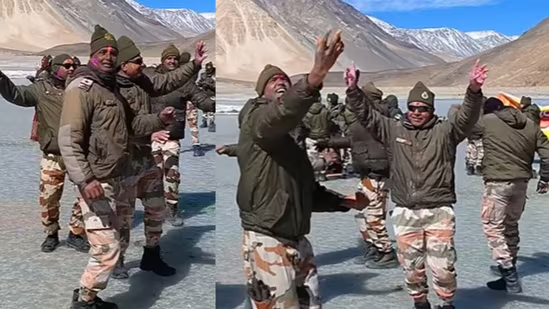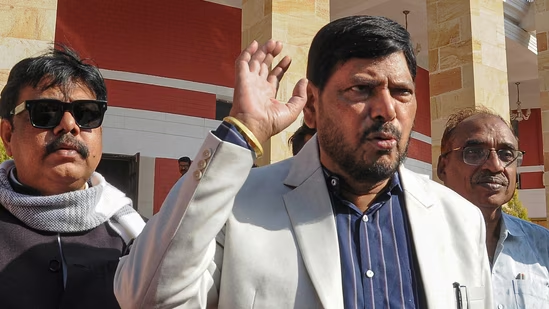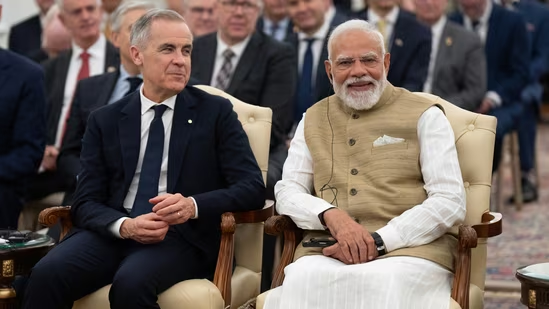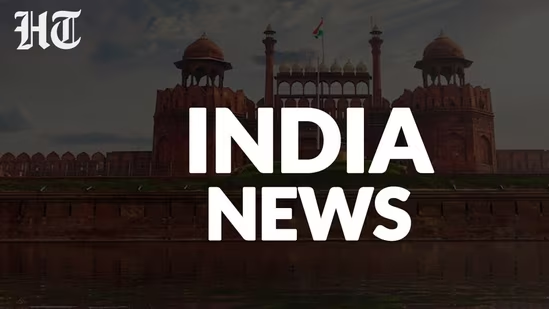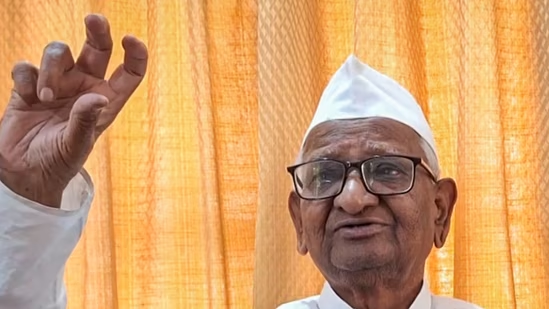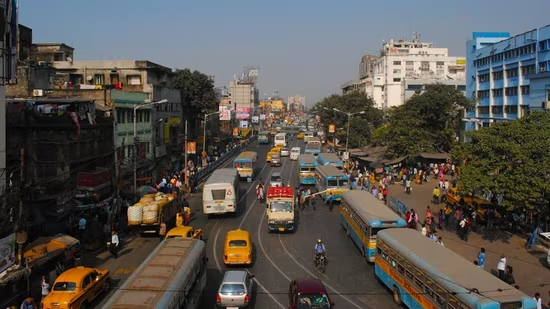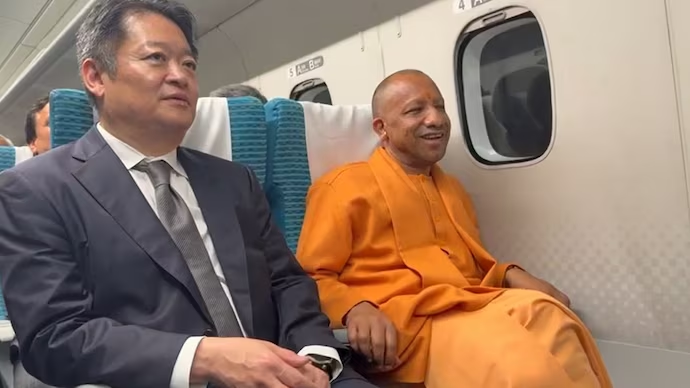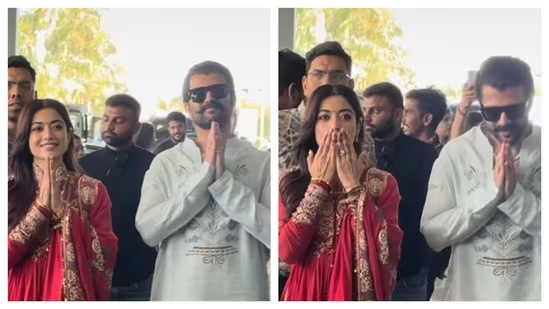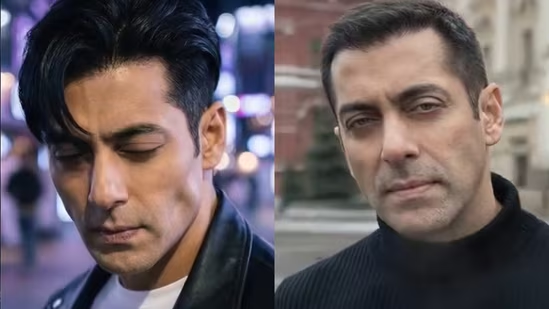Universities all around the country have recently been hotbeds of increased activity, with a particular emphasis on denouncing Israel’s conduct in Gaza in light of the current Israeli-Palestinian conflict. As these demonstrations grow in size, students involved have been accused of anti-Semitic behaviour, which has sparked a divisive discussion on college campuses around the country.
Universities that have been at the centre of this controversy include the University of Minnesota, where protesting students have been the target of several arrests and administrative crackdowns. But beneath the surface of these accusations is a complex story that demands more investigation.
Universities all around the country have recently been hotbeds of increased activity, with a particular emphasis on denouncing Israel’s conduct in Gaza in light of the current Israeli-Palestinian conflict. As these demonstrations grow in size, students involved have been accused of anti-Semitic behaviour, which has sparked a divisive discussion on college campuses around the country.
Universities that have been at the centre of this controversy include the University of Minnesota, where protesting students have been the target of several arrests and administrative crackdowns. But beneath the surface of these accusations is a complex story that demands more investigation.
Liberal media organisations who support Israeli aggression and muzzle opposition, like the New York Times, have also come under fire. The necessity for a sophisticated knowledge of the nuances of the Israeli-Palestinian conflict has been highlighted by selective reporting on it.
A basic question, which is at the centre of this argument, is what it means to be Jewish in the modern world? Erasing the plurality of Jewish identities and stifling dissenting voices within the community are problems associated with conflating Judaism and Zionism and linking criticism of the latter with anti-Semitism.
A larger pattern of institutional hostility to dissent is shown in the recent surge of arrests and disciplinary measures taken against students who were demonstrating. Universities run the risk of silencing the voices that defend social justice and intellectual freedom in their attempts to keep the peace.
The importance of young involvement increases in this situation. These kids, who draw inspiration from earlier movements, exemplify a spirit of resistance that defies suppression. Their readiness to oppose long-standing power systems is a ray of hope in a society where injustice is a problem.
If we go deeper into the conversation around these protests, we find that they stand for a complex convergence of political, social, and ethical issues. We can comprehend the intricacies involved more fully if we dig deeper into the fundamental processes at work.
The students’ declaration of their freedom to disagree and use civil disobedience as a tool for bringing about change is a crucial component of these demonstrations. Inspired by the likes of Gandhi and Martin Luther King Jr., they see themselves and their acts as a continuation of a larger history of nonviolent opposition to injustice.
Additionally, the demonstrations provide a forum for bringing attention to the wider Israeli-Palestinian conflict as well as the predicament of the Palestinian people in Gaza. These students want to spur larger social change by raising awareness of the injustices they see and by amplifying their voices.
In addition, there is also a heated discussion concerning the bounds of academic freedom and free speech as a result of the protests. Universities must balance sustaining these ideals with keeping order on campus since they are establishments devoted to the free exchange of ideas and the pursuit of knowledge.
In conclusion, there is a complicated convergence of social activism, political rhetoric, and ethical issues at play in the student protests against Israel’s conduct in Gaza. Through an in-depth examination of the fundamental dynamics involved, we can enhance our comprehension of the problems and strive towards significant resolutions. It is essential that society listen to different points of view, have honest and productive conversations, and work towards achieving equality and justice for all.







